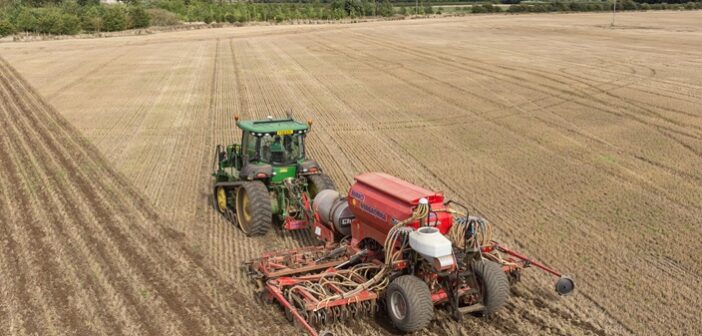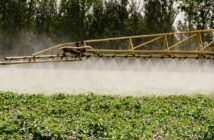Trials by Velcourt have shown strong performance from OSR blends.
It is only the first year of a longer-term initiative, so the company suggests some caution is needed with the results. To create an aggregated dataset and explore the effects of blending with more confidence, trials will continue this season.
Undertaken in Cambridgeshire and Suffolk, the trials included two blends and the varieties that made up the blends, with management of all being the same.
All four blends yielded more than the average of the varieties in the blend grown individually. The highest yielding individual variety yielded more than the blend, but the highest yielding variety differed by site. This work suggests that by growing a blend of varieties, the total crop yield would be greater than growing the component varieties individually.
Velcourt doesn’t consider the result down to better disease resilience and believes physiological factors are more at play. The key benefit is that the phenotypes in the blend most suited to the season outperform and compensate, the result being a net uplift in average yield.
As a result, Velcourt encourages all farms to experiment with blending an amount of oilseed rape varieties for harvest 2026.




